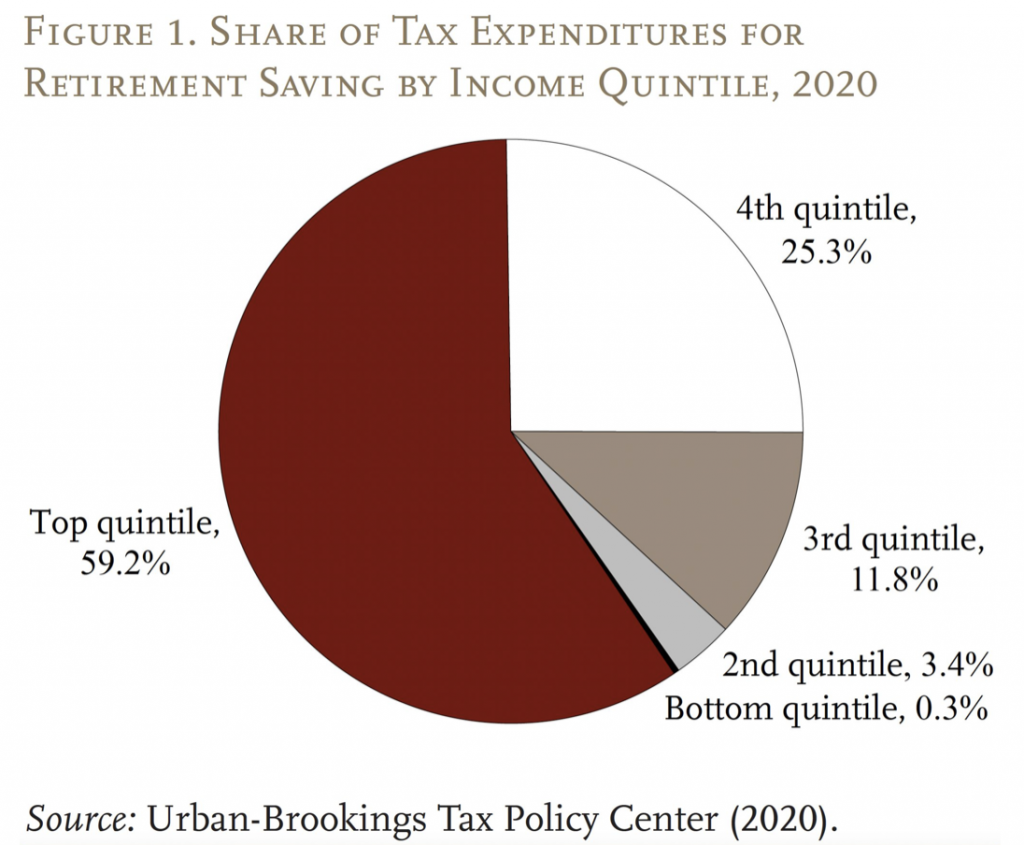WHERE THE HEART IS
Airbnb has faced criticism for years over the way its short-term vacation rentals can drive up the price of rental housing, particularly in tourism-heavy areas. The fundamental problem is baked into the model: renting a unit for upwards of $200 a night on Airbnb promises to bring a lot more money than a standard lease with a tenant would bring in. Landlords tend to follow the money, so when there’s demand for Airbnb, housing tends to move into the vacation rental market, and housing for working people becomes more expensive, and harder to find.
So it’s pretty extraordinary that Airbnb had the chutzpah to announce last week that they’re launching a “council of experts” tasked with finding ways to improve housing affordability. That’s right: a company whose entire business model is premised on replacing monthly rentals for people with jobs into daily rentals for people on vacation is going to study how they might… reverse their own direct impact. This is like Walmart announcing they’re going to solve corporate concentration, DoorDash taking on the problem of high delivery fees, or Larry Summers working to address the impact of bank deregulation. How did the PR staff even manage to send out the press release without bursting into uncontrollable laughter?
Make it make sense.


in cost savings was found by the BART transit agency in the San Francisco Bay area in the recent design and purchase of several hundred new railcars. By doing a substantial amount of design work in-house instead of through corporate subcontractors, the agency managed to deliver a major project significantly under budget.

have rejected federal funds that would have provided food assistance over the summer to hungry children who receive free and reduced price lunches during the school year. The food assistance would have come at zero cost to state budgets.

will be paid to Uber & Lyft drivers in New York State as a settlement of charges the companies cheated drivers of pay and failed to provide sick days. Dig deeper into the startling scale of wage theft heist in the latest video on our YouTube channel, Who Gets What and Why.

Social Security keeps millions of people out of poverty, and when people get their Social Security checks, they spend them at local businesses, putting that money right back into the economy. So it’s never really made sense that so many mainstream politicos, economists, and writers seem so determined to find a way to cut this large, successful, and popular public program. Unless, of course, it’s precisely the scale, success, and popularity of the program that has made it such a key target for the trickle-down crew.
Perhaps that’s also why for all the decades of efforts to attack Social Security and replace it with “market-based alternatives”, there never seems to be much talk about the massive budgetary cost of the tax benefits that go to private retirement savings vehicles like 401(k) accounts, which total about $185 billion a year. And as the chart below shows, the value of these tax benefits goes disproportionately to the richest people, while the poorest 60% of the country only receives 15% of the benefits. So next time some self-important “expert” blabs about how we need to cut Social Security, maybe they could look here first.

President Biden’s signature investments in infrastructure, clean energy, and American manufacturing are beginning to come online, and to the administration’s credit, they’re doing what they can to shine a spotlight on what they’ve accomplished. As Lael Brainard, one of Biden’s top economic advisors, argues, the administration is doing nothing less than “engineering a revival of economically disadvantaged communities across the nation.”
And this isn’t just a consequence of a strong economy overall: they’re also pursuing “place-based strategies” which take a comprehensive approach to reviving former industrial areas like Allentown, Pennsylvania. As Brainard articulates, this is a sharp contrast from decades of trickle-down approaches to economic growth, and the results are clear. While decades of deregulation and tax cuts only increased inequality, a few years of middle-out economics have driven the unemployment rate in Allentown down to just 3.9%. This is just one example among hundreds, but notably, this is less unemployment than the city saw before the pandemic and dramatically less than the nearly 10% unemployment the city saw in the depths of the 2008 financial crisis.
What did you think? Choose a reaction:
Civic Action
119 1st Avenue South Suite 320
Seattle, WA 98014
United States










